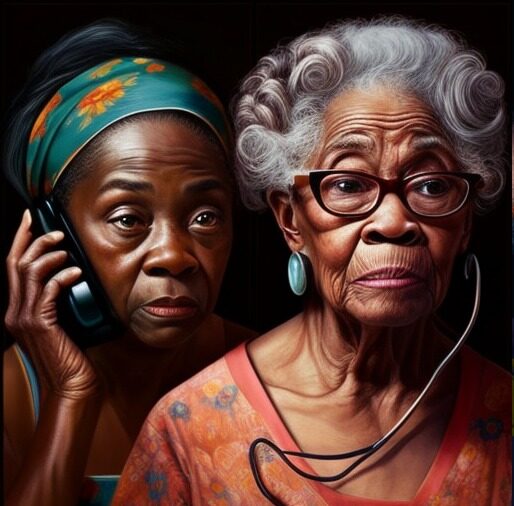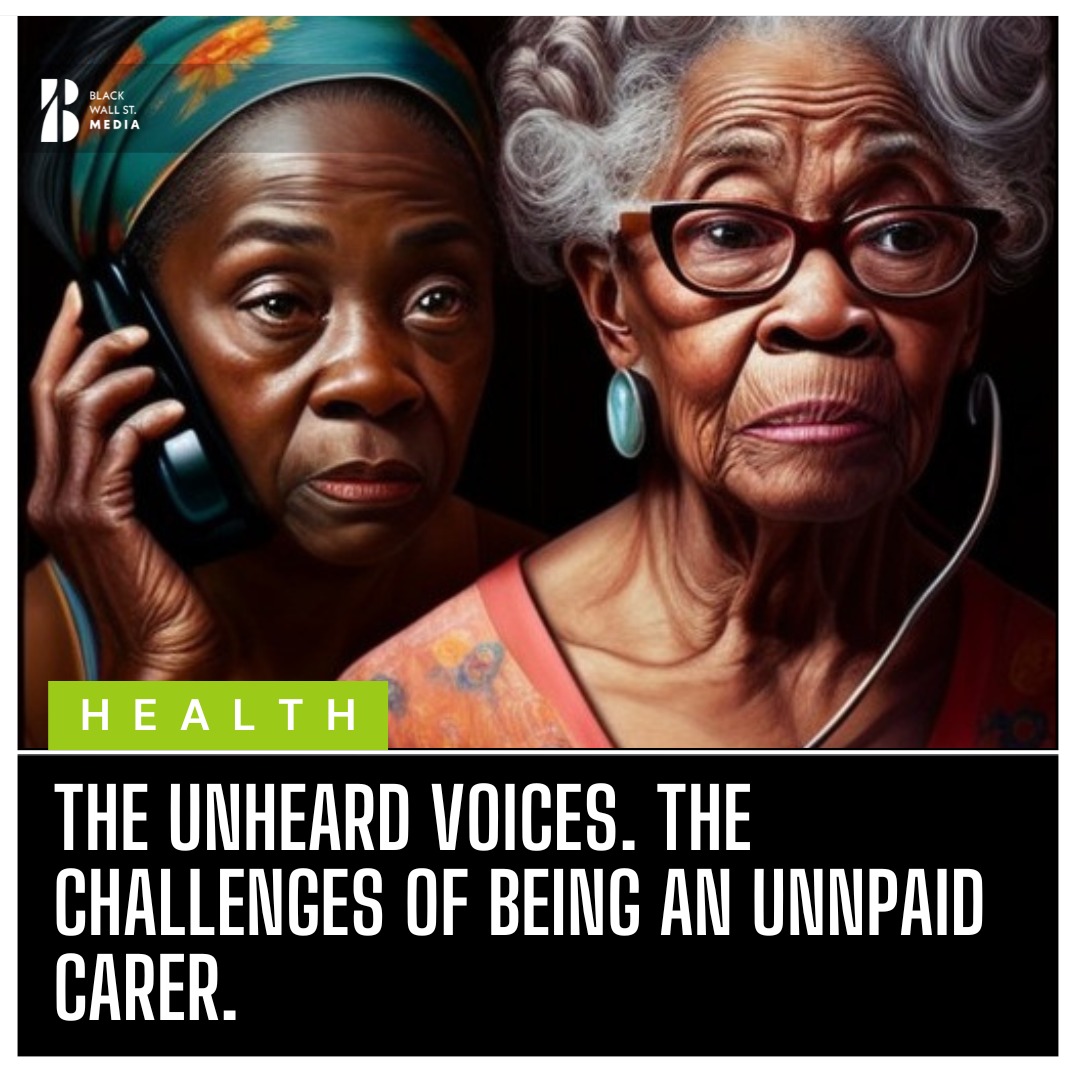HEALTH
Some media sources suggest that there are approximately 8 million unpaid carers in the UK.
“”
Sabina Kelly RN Ba (Hons) B.Sc. (Hons)Contributor
They are rarely supported by the government and there is minimal support from the NHS and local authorities.
Indeed, unpaid carers are saving local authorities and government vast amounts of money that would be deployed into caring for elderly and frail citizens, both fiscally and in resources.
Unpaid carers were often not supported pre-pandemic, during the pandemic and post pandemic. Local authorities are financially stretched in the adult care sector, coupled with staffing problems.
The Corona 19 virus exacerbated the problem of caring for the elderly in their own homes. It forced many people to care for their loved due to the fear of having paid carers entering their homes. Therefore, the choice of having external help was extremely limited. The impact that this has had on unpaid carers has been extremely challenging.
Alongside many other people during the pandemic, unpaid carers became socially isolated. Whilst respecting the view of their loved ones to remain in their own home. This results in a loss of friends and their social circle and places one in a lonely situation.
Again, there is little opportunity to enjoy socializing. When they can get out, they may suffer from feelings of anxiety of what is happening to their loved ones when they are not there.
They will worry if their relative is safe, have they fallen? So, in fact, they cannot really relax fully as there are often underlying worries. The social isolation factor of being an unpaid carer can lead to poor mental health and conditions such as constant anxiety, depression, and panic attacks.
They may also feel anger and resentment at being forced to become an unpaid carer. It may be that they are the sole carer with little help from other members of their family.
This can have long term and lasting effects.
In addition to this the physical impact on a carer can have dramatic effects and has to be also taken into consideration.
A common scenario maybe that their loved one has fallen and indeed, some people are unaware that they can call paramedics to assist them pick them up or they may not be able to reach a phone to call.
So, their only option is to do it themselves. Carers are at a very high-risk level of potential back injury and chronic pain.
Often, they are not taught correct manual handling procedures. Frequent turning if the relative is bed bound or taking them to the toilet all impact a person’s physical health.
This hugely impacts on physical health and a big toll on a carer’s body. Again, fatigue has an impact on a carer’s physical and mental health due to 24 hour caring and lack of sleep.
It has been known for carers to sleep on a couch or a trestle bed in their loved one’s bedroom. They are constantly on alert for noises or movements. If a relative is living with dementia there is always a risk of them getting up in the night and pacing and can be a falls risk.
Or they may become aggressive and display challenging behavior. The carer may be at risk of assault. They will also have to get up repeatedly during the night to attend to physical needs.
There appears to be little support for unpaid carers, and it is only when crisis point has been reached and the carer cannot cope any more that they may have access to help. There are long waiting times for an assessment from adult social care and the pandemic has exacerbated this.
Financial criteria are also a consideration that needs to be explored. It is suggested that the number of carers receiving support by local authorities has decreased by 35% between 2011 and 2017 and it is also estimated that there are 1.2 million unpaid carers spending 50 hours a week oin caring duties.
It would appear that caring duties increase at night. This can lead to a burnt-out carer at the end of their tether, feeling as if they are leading chaotic lives and who is caring for them?
The likelihood of them getting a break is minimal. The impact of financial challenges is also an issue. Firstly, they may have to reduce their working hours or indeed give up work completely.
It may be the case that it was a job they loved and have spent years building up their careers. This can only be devastating to a person’s self-value. There may be reduced income or indeed no income at all coming to them.
I would suggest that time is also a financial challenge, paying for carers if they have them, buying food, taxis to medical appointments, picking up prescriptions, hiring or buying specialist medical equipment- the list is endless. It paints a very bleak picture whereby unpaid carers are trying to cope, unsupported to the best of their ability and at great personal cost.
 The government must recognise the personal sacrifices and contribution that unpaid carers are giving to society. Support by government and local authorities Must be reviewed.
The government must recognise the personal sacrifices and contribution that unpaid carers are giving to society. Support by government and local authorities Must be reviewed.
Sabco Health and Wellbeing provides a free 30-minute support line specifically for unpaid carers. Carers can discuss their concerns and advice and support will be given. In partnership with The Chiswick Nursing Centre an unpaid carers forum has been established.
It is run fortnightly on a Monday and is free to attend with no obligation. It is a venue whereby unpaid carers are given guidance and support, have a coffee and meet other unpaid carers in a similar circumstance. It is a safe space to relax from their care duties for a couple of hours.
Black Wall St. MediaContributor













